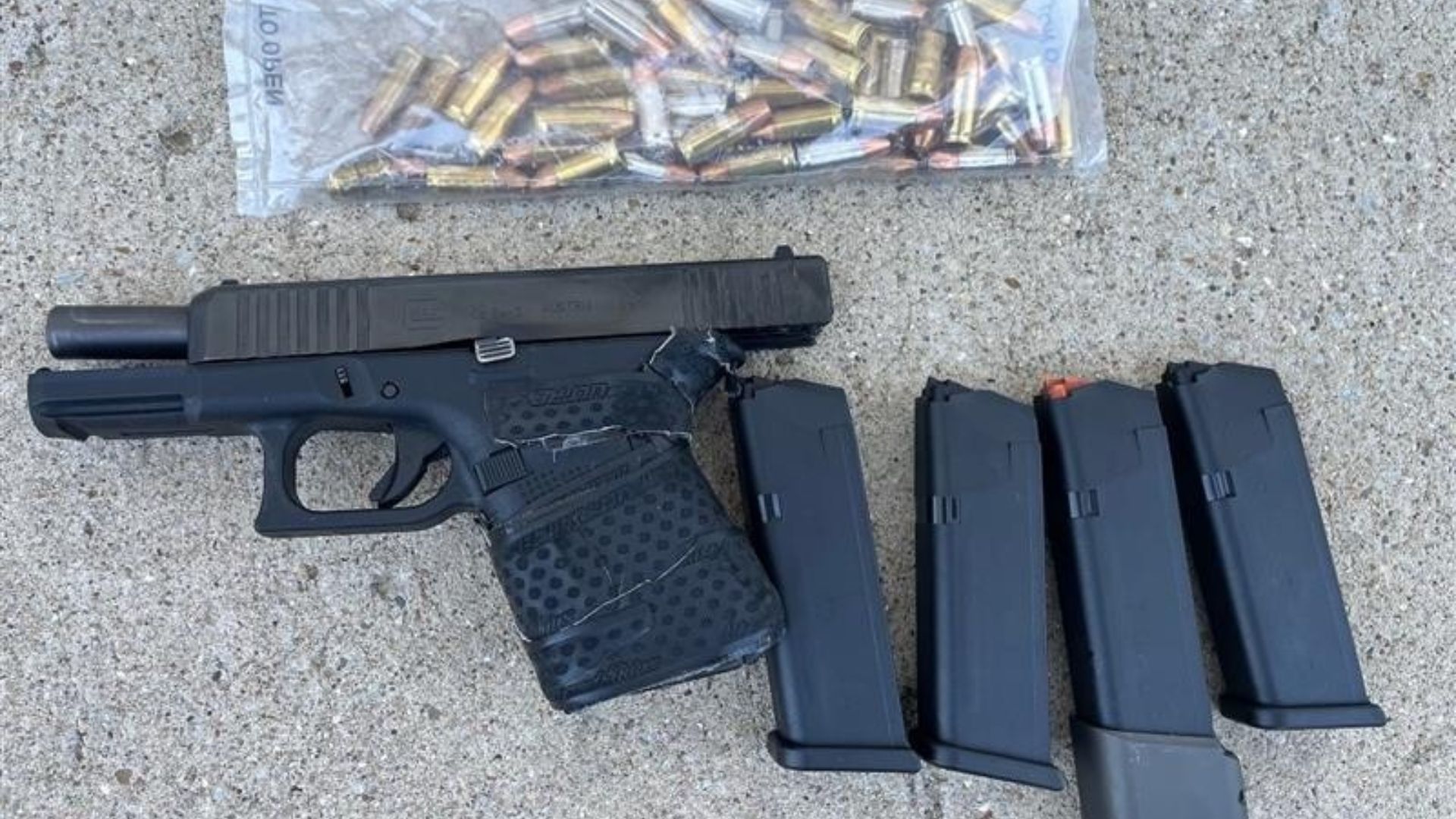A co-host from ABC’s “The View” surprised audiences this week by stating that President Donald Trump deserves the Nobel Peace Prize if the recently brokered ceasefire between Israel and Hamas remains in place through 2026.
During an appearance Friday on CNN’s “The Arena With Kasie Hunt,” Alyssa Farah Griffin said she was not typically a supporter of the president but credited his diplomatic achievement in ending the two-year conflict.
“Listen, I’m not the biggest Trump fan. If this ceasefire holds, he absolutely deserves the Nobel Peace Prize next time around,” Griffin said.
She continued by naming members of the president’s diplomatic team who worked on the deal.
“Hands down, the suffering that we’ve seen from hostages who have been in detainment for two years, from innocent Palestinian civilians who have been just in the aftermath of this horrific war, he, Jared Kushner, Steve Witkoff, if this holds, they should absolutely be considered for it,” Griffin added.
Host Kasie Hunt agreed with Griffin, saying she could not imagine “there would be that much argument around that.”
The remarks marked a rare show of praise from a media personality long critical of President Trump.
This Could Be the Most Important Video Gun Owners Watch All Year
The ceasefire deal, announced Thursday, brought an official end to the war that began after the October 7, 2023 terrorist attacks, in which Hamas and other Islamist factions killed hundreds of Israeli civilians and abducted dozens into Gaza.
Griffin was not alone in recognizing the president’s achievement.
New York Times columnist Thomas Friedman—who has previously called Trump a “pathological liar” and a “demagogue”—acknowledged that the president would deserve the Nobel Prize if the ceasefire and political transition succeed.
“Well, if Donald Trump is able to secure a cease-fire, Israeli withdrawal from Gaza, return of Israeli hostages, and it holds and paves the way for negotiations on the only solution of two states for two people… Trump will not only deserve the Nobel Peace Prize, he’ll deserve the Nobel Prize in Physics and Chemistry as well,” Friedman wrote in a recent column.
Brett McGurk, who served as Middle East Envoy under former President Barack Obama, also commended the administration’s diplomacy.
“Having worked on this issue and helped lead negotiations for the only two ceasefires of this awful war, including the deal concluded in January, I commend the president and his team, including Steve Witkoff and Jared Kushner for finalizing this program and for the diplomacy required to build such a broad group of countries in support,” McGurk wrote in a CNN analysis of the president’s ceasefire agreement and parallel efforts to end the War in Ukraine.
Several Democratic lawmakers, including Senators Tim Kaine of California and Richard Blumenthal of Connecticut, have also publicly praised the settlement.
The agreement was finalized Thursday following weeks of U.S.-led mediation involving Turkey, Qatar, Egypt, and other regional governments.
Under the first phase of the plan, all remaining Israeli hostages will be released in exchange for Palestinian prisoners held by Israel.
Israeli forces will withdraw to previously designated lines within Gaza, reducing their military footprint.
An immediate surge in humanitarian aid—comprising food, medical supplies, and emergency housing—began on Thursday to assist civilians in Gaza.
The deal also calls for Hamas to relinquish administrative control of the territory. A transitional governing authority, backed by regional partners, will take over administration, while a multinational monitoring force, potentially including American, Egyptian, and Qatari observers, will oversee compliance.
President Trump was directly involved in the talks, personally communicating with Israeli Prime Minister Benjamin Netanyahu, intermediaries for Hamas through Qatar and Egypt, and Saudi leadership.
His administration drafted what officials have called the “20-point Trump plan,” a comprehensive roadmap addressing key issues such as security guarantees for Israel, the release of hostages, and Gaza’s future governance.
Phase one of the ceasefire officially began October 8, 2025, with daily progress reviews scheduled throughout the 30-day period.
The Red Cross began supervising the initial hostage exchanges on October 9, marking the first tangible step in implementing the agreement.
If the terms hold and the transition continues as planned, the president’s diplomatic breakthrough could represent one of the most significant Middle East peace agreements in recent decades.
The opinions expressed by contributors and/or content partners are their own and do not necessarily reflect the views of LifeZette. Contact us for guidelines on submitting your own commentary.
Read the full article here


![‘The View’ Co-Host Shocks CNN Audience with Her Praise of Trump’s Israel-Hamas Peace Deal [WATCH] ‘The View’ Co-Host Shocks CNN Audience with Her Praise of Trump’s Israel-Hamas Peace Deal [WATCH]](https://www.boredtrashpanda.com/wp-content/uploads/2025/10/2025.10.12-09.51-boredtrashpanda-68eb7a24220b9.jpg)







![Kamala Repeatedly Heckled, Whines About Name Not Being Pronounced Correctly in Chicago [WATCH] Kamala Repeatedly Heckled, Whines About Name Not Being Pronounced Correctly in Chicago [WATCH]](https://www.lifezette.com/wp-content/uploads/2025/10/2025.10.12-02.35-lifezette-68ebbcaf1b48a.jpg)

